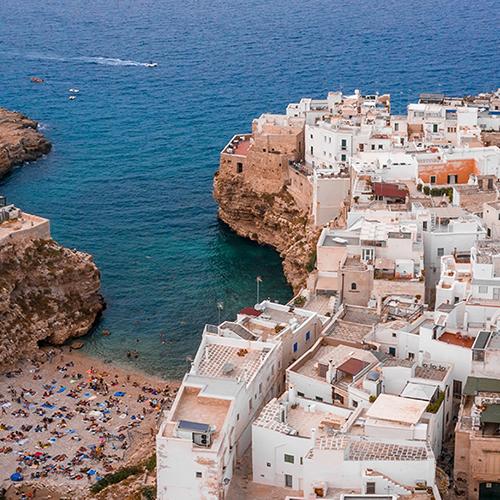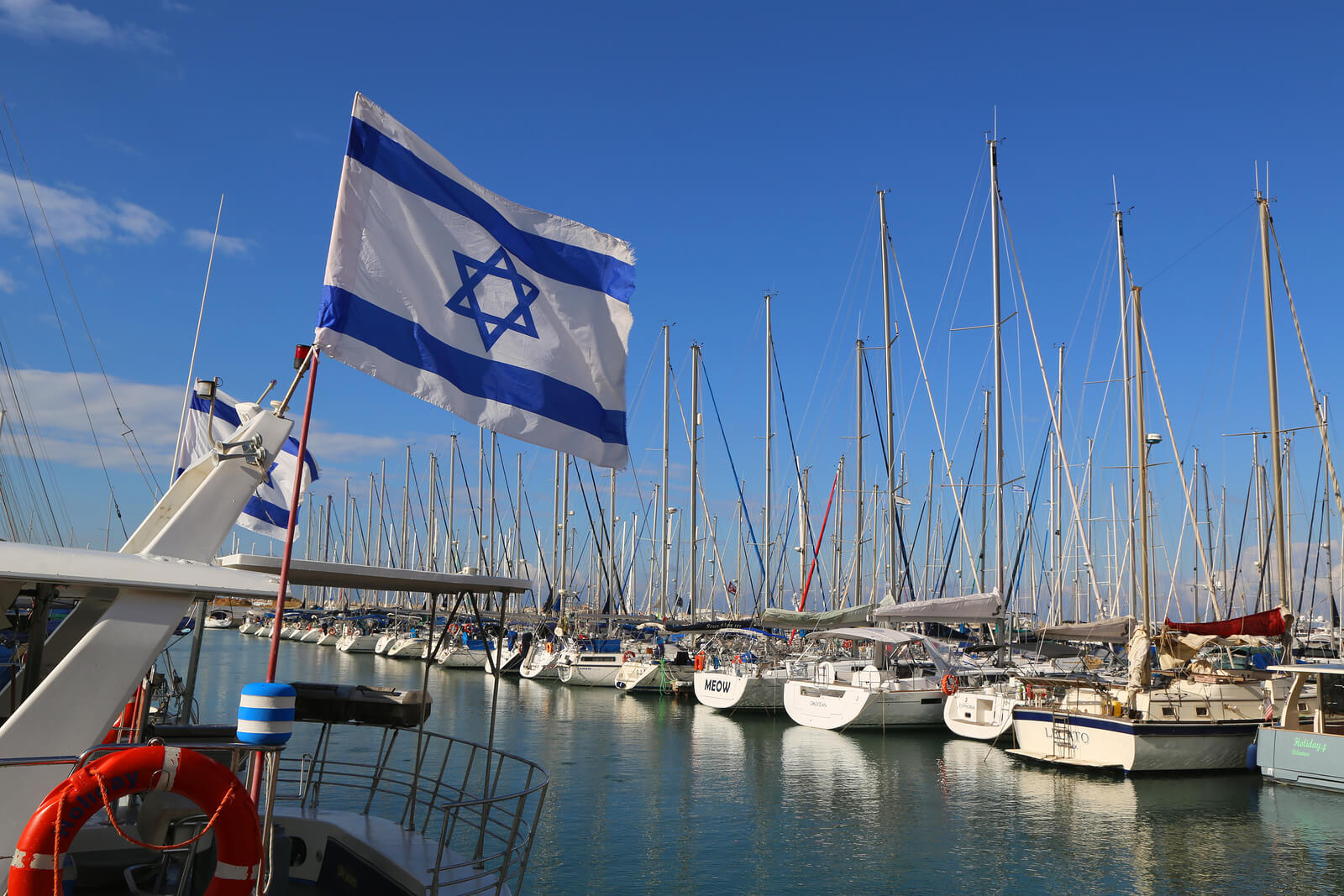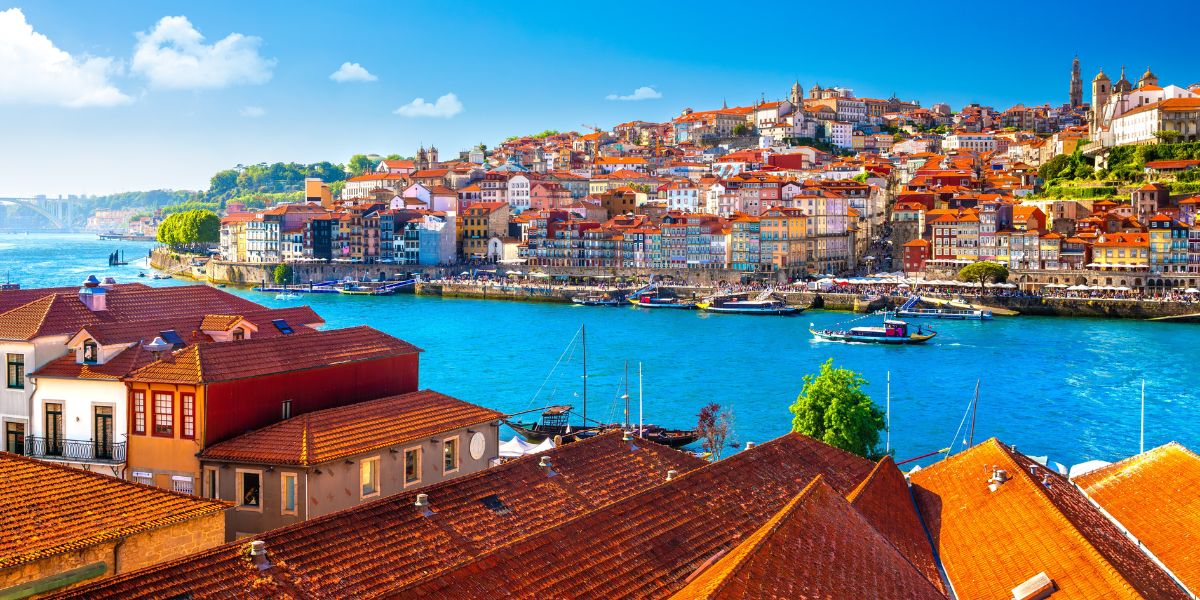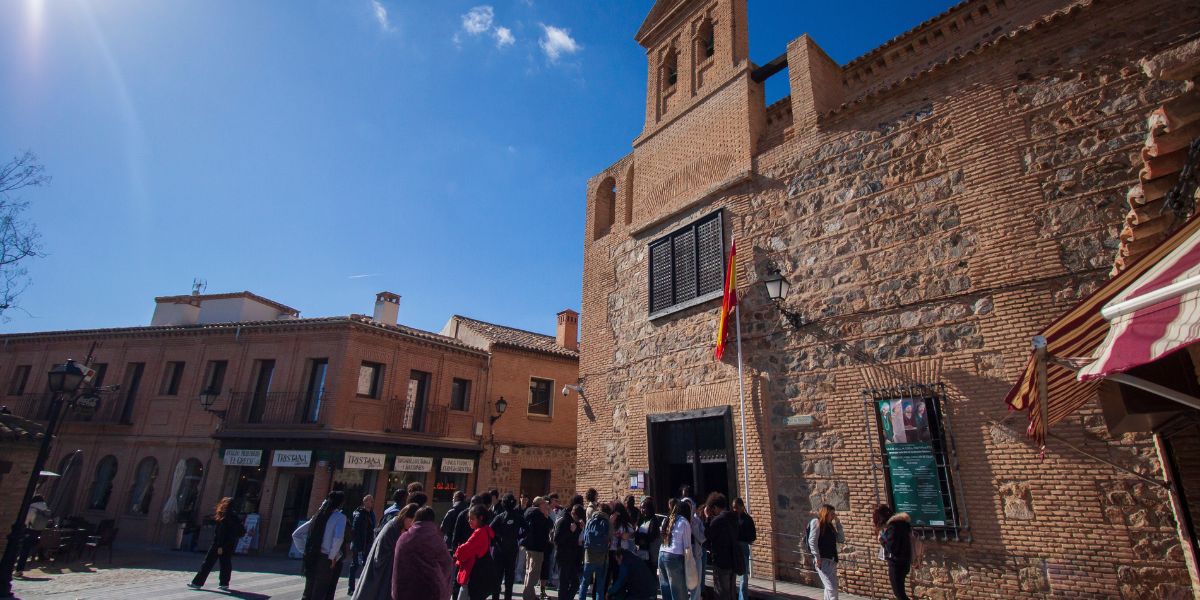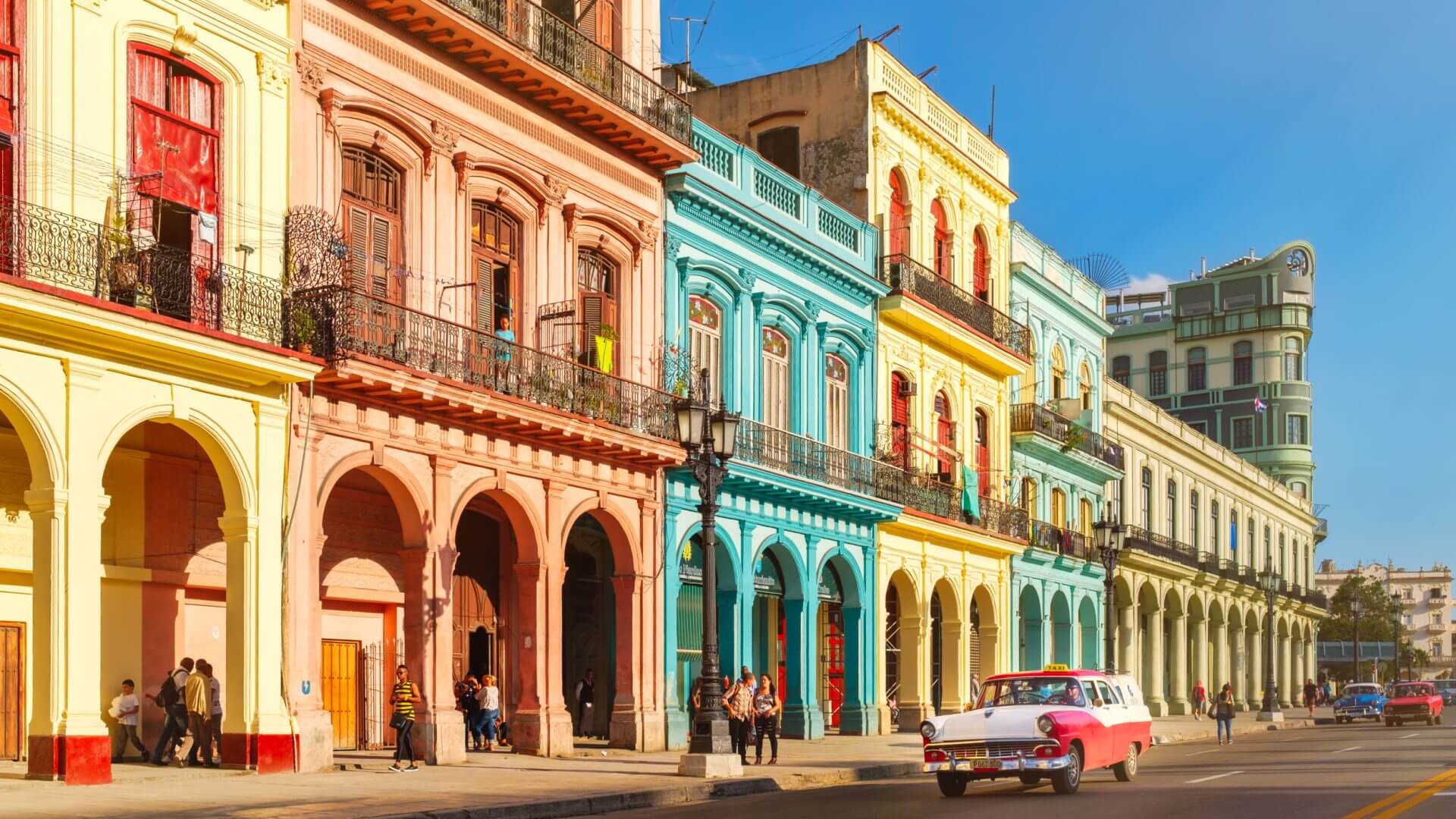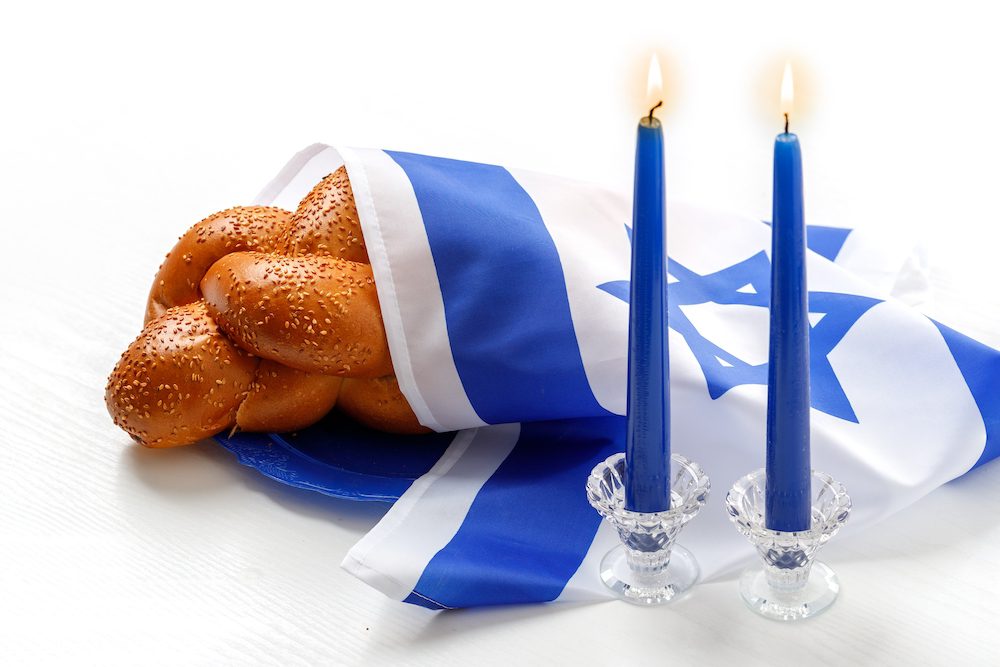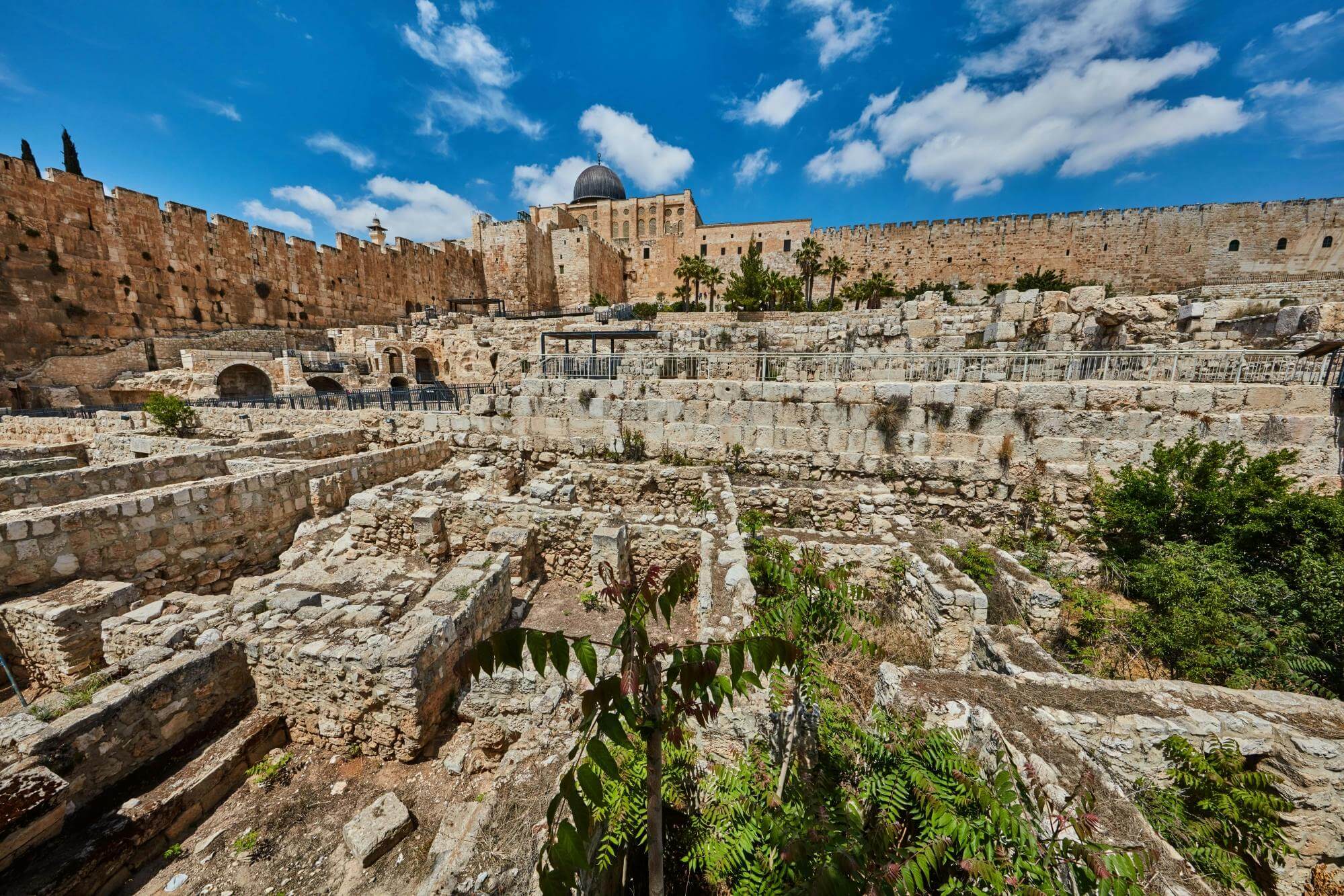Shabbat in Israel is a magical experience that connects us to an unbroken line of Jewish tradition and observance that goes back thousands of years. Despite the Diaspora, and everything that befell the Jewish people, there were always Jewish communities in Israel. They endured all hardships and restrictions, keeping the ancient Shabbat rituals alive.
When you and your family celebrate Shabbat in Israel, you’ll experience the happy bustle of Friday preparations and then the wonderful peaceful stillness, and pleasant anticipation as evening approaches. This article explores how to enjoy the perfect family Shabbat in Israel and organize kosher dining, synagogue services and enjoyable Shabbat activities for all age groups. It will also provide some useful tips on managing your Shabbat transportation and other personal arrangements.
What Happens Before Shabbat in Israel?
The concept of a two day weekend only caught on quite recently in Israel. Just a generation ago, Friday was typically a working day – albeit a short and fairly relaxed day. Plenty of people in retail and service industries still work on Fridays, but leave early to complete their Shabbat shopping and other preparations. Friday is a great day to explore the busy food markets.
Every Friday the food stalls are packed with Shabbat delicacies and the bakeries prepare fresh challah. The delicious aromas of fresh bread, kugel and spices from small local businesses fill the air. You’ll notice a very different mood and atmosphere as the market traders shout their wares and bargain with shoppers.
Many families who celebrate Shabbat in Tel Aviv like to visit the city’s cafes and restaurants on Friday for a light lunch of salad or an all-day Israeli breakfast with eggs, cheese and toast. It’s not so much about eating (that’s for the evening) as socialising and people watching. Even if you’re just stopping for a coffee, it’s a real pleasure to sit in a Tel Aviv neighborhood or beach front cafe and soak up the Friday pre-Shabbat vibe. Depending on the season, most cafes and restaurants will start closing up around three or four in the afternoon, but in midsummer they’ll stay open a little longer.
Shabbat is one of the most important Jewish traditions in modern Israel and even secular families usually preserve the ancient ritual of Shabbat candle lighting. Exact Shabbat times are published online and luxury hotels (and boutique hotels and guesthouses) will make sure that there is candle lighting to welcome the arrival of Shabbat.
Don’t worry if you suddenly find that you need last minute Shabbat essentials. Pretty much every local grocery, deli and convenience store stocks the basics of wine or grape juice, challah and candles. Many of the small family owned stores stay open until the last minute, precisely to cater for last minute Shabes shopping. In the cities you’ll find a store or minimarket on almost every block.
Find Shabbat Services and Visit Local Synagogues
When you plan your luxury tour to explore Jewish traditions in Israel, Gil Travel will help you to create the perfect custom itinerary. This will include a list of synagogues where you’ll receive a warm welcome when you attend Kabbalat Shabbat and Saturday morning prayers. Gil Travel will also ensure that you have access to a suitable synagogue within easy walking distance of your accommodation.
You can find a full range of services from across the spectrum of modern Jewish worship, from Reform through to Ultra Orthodox. It may also be possible to visit synagogues belonging to Jewish communities from different ethnic backgrounds, either on Shabbat or as part of a tour during the week. Shabbat in Jerusalem is obviously particularly special, but Gil Travel can also arrange for your family to attend Shabbat services in the mystical city of Safed or in Tel Aviv.
Israel is an informal country with seriously relaxed dress codes. Americans who come to Israel on business are often surprised to visit top high tech companies and see CEOs and VPs dressed like they’re relaxing at home on the weekend. When Israelis attend synagogue they do make more of an effort. Usually, the basic minimum requirement is a pair of trousers, shirt and kippa for men and some form of modest clothing for women that covers their arms and legs. Depending on the synagogue, a hat or headscarf may be required. Gil Travel will provide any necessary advice about dress and etiquette if you plan to visit a particular synagogue.

Kosher Dining: Shabbat Meals in Israel
Luxury hotels in Israel pride themselves on serving gourmet Shabbat dinners and are experts at tailoring their arrangements to meet guests’ needs. You can build your travel itinerary to include hotels (or restaurants) that offer prepaid meal options and buffet-style meals. The Israeli tourist and food industries have Shabbat food service down to an art form and there is no need to compromise on quality when you’re away from home.
Nothing beats a home cooked Shabbat meal. If you want to meet a local family, Gil Travel can make some introductions and arrange some for some warm Israeli hospitality. It’s a wonderful opportunity to sample traditional Shabbat dishes like cholent, gefilte fish and kugel. If you want to explore other mouthwatering Jewish culinary traditions, including Tripolitanian, Iraqi, Persian, Yemenite or Bukharin cuisine, Gil Travel can help you to find the very best options (including cookery classes).
Transportation & Shabbat Restrictions
Officially there is no public transport in Israel on Shabbat. All trains and most bus services stop running on Friday afternoons. We strongly recommend that you don’t plan to catch the last bus or train if you’re making a significant journey. One glitch or delay can leave you stranded. It’s better to travel earlier and leave yourself some leeway. Another point to bear in mind is that public transport can be crowded at the end of the week, particularly if a lot of soldiers are going home on leave.
There are some reliable Shabbat-friendly transport options in Israel. Shared taxis (moneot sherut) are licensed minivans that operate between cities and stop by the side of the road for passengers. There are also private hire taxis, chauffeur services and hotels that can arrange transportation. Some municipalities also lay on special bus services to take residents from outlying suburbs to the beach.
If you’re spending Shabbat in Tel Aviv, one advantage is that the coastal city is basically flat. Midday in summer and rainy midwinter aside, if you need to get around it can be a real pleasure to stroll – or even cycle – through Tel Aviv on Shabbat. Jerusalem is hilly and can be slightly more strenuous, but a well planned route can also be a delight. Shabbat in Jerusalem is a unique experience and a gentle walk on a sunny day is a special way to experience the city.
Things to Do on Shabbat
Every family has their own interpretation of Shabbat observance. How you spend Shabbat in Israel will depend on the weather, where you’re staying, and what activities you consider appropriate – as well as how much energy you have after Shabbat meals!
Shabbat in Jerusalem is usually quiet and peaceful but if you do want to explore on foot, there are local parks, and the Old City. If you’re feeling more adventurous, there are also some beautiful hiking and nature trails. One unique Jerusalem experience is to take part in Kabbalat Shabbat at the Wailing Wall. Regardless of your own spiritual outlook, you’ll feel an intense cultural connection to Judaism and to our Jewish ancestors who worshiped in the Temple itself.
Tel Aviv is (mainly) a secular city and is a lot busier on Shabbat. In summer, the three mile strip of sandy beaches is a magnet for sun lovers and swimmers. The old Port in North Tel Aviv (at the end of the Tayelet) has been renovated and is a great place to explore on foot. Park Hayarkon also begins at the Old Port.
Try strolling along the banks of the River Yarkon or exploring the gardens, lakes and small forest in the park. Another option is to join a private guided tour of the ancient city of Jaffa and the modern artists quarter. The Tel Aviv Museum of Art is also open on Shabbat.
Wherever you are staying, Shabbat in Israel is the perfect day for a digital detox. Try switching your electronic devices off and embracing a tech-free day. Relax with a good book, catch up on some sleep, or make some new friends – without checking your phone or surfing the net!
Havdalah & The End of Shabbat
Motzei Shabbat is the moment when Israel comes back to life after Shabbat. It’s almost as if Israelis can’t wait to get busy again and start the new working week a little early. Malls, bars and restaurants open in hope of some evening custom and public transport resumes. Traditional Israelis mark the end of Shabbat with the Havdalah ritual of blessings, spices and candle lighting. Guests are welcome at most services and Gil Travel can recommend a choice of options.
Motzei Shabbat in Israel is an opportunity to get out of the house and let off some steam. Check out the fashionable streets in Tel Aviv like Rothschild and Dizengoff and experience the Saturday evening buzz in the bars and cafes. It’s quieter compared to Thursday nights, but is still a lot of fun.
Experience Shabbat in Israel This Year
When you and your family celebrate Shabbat in the modern Jewish state, you continue – and renew – a tradition that has lasted for millenia. A Shabbat dinner in Israel is a special opportunity to experience one of the cornerstones of Jewish family life. Whatever tradition you follow, you will experience the beauty, peace and warmth of an Israeli Shabbat. You can also meet ordinary Israelis and join them for Kabbalat Shabbat or Saturday services and Shabbat pastimes and activities.
Talk to Gil Travel now about how to plan a luxury private tour of Israel with a perfect Shabbat itinerary. In addition to a traditional Shabbat in Jerusalem, or a more modern Shabbat in Tel Aviv, Gil Travel can arrange guided tours of Jewish heritage sites across Israel and the opportunity to spend a meaningful Shabbat in Safed, Tiberius or other important Jewish sites.

